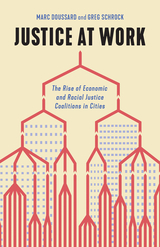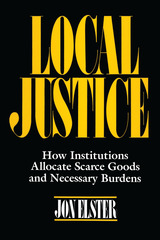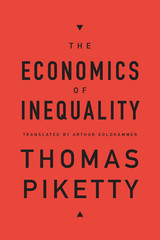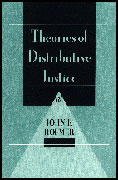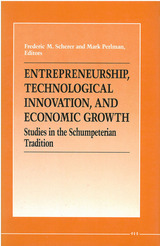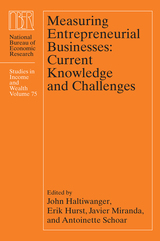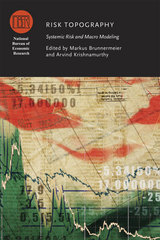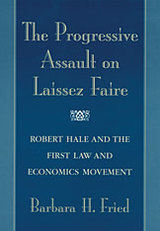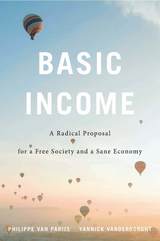Cloth: 978-0-674-26555-4
Library of Congress Classification HB615.L25
Dewey Decimal Classification 330.1
These three elegant essays develop principles central to the understanding of the diverse ways in which imperfect information affects the distribution of resources, incentives, and the evaluation of economic policy. The first concerns the special role that information plays in the allocation process when it is possible to improve accuracy through private investment. The common practice of hiring “experts” whose information is presumably much better than their clients' is analyzed. Issues of cooperative behavior when potential group members possess diverse pieces of information are addressed. Emphasis is placed on the adaptation of the “core” concept from game theory to the resource allocation model with differential information.
The second essay deals with the extent to which agents can influence the random events they face. This is known as moral hazard, and in its presence there is a potential inefficiency in the economic system. Two special models are studied: the role of moral hazard in a monetary economy, and the role of an outside adjudicatory agency that has the power to enforce fines and compensation.
The final essay discusses the problem of certainty equivalence in economic policy. Conditions under which a full stochastic optimization can be calculated by solving a related, much simpler “certainty equivalence” problem are developed. The reduction in the complexity of calculation involved is very great compared with the potential loss of efficiency.
See other books on: Business & Economics | Economics | Essays | Mathematical models | Uncertainty
See other titles from Harvard University Press

